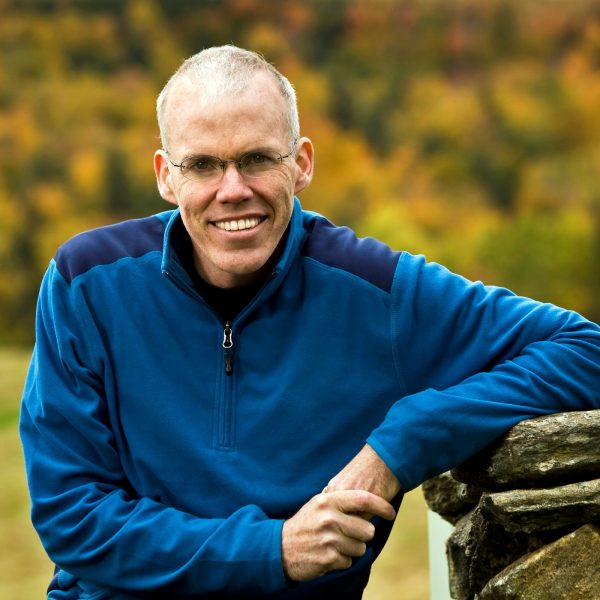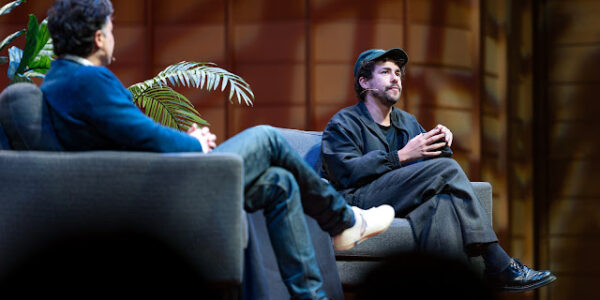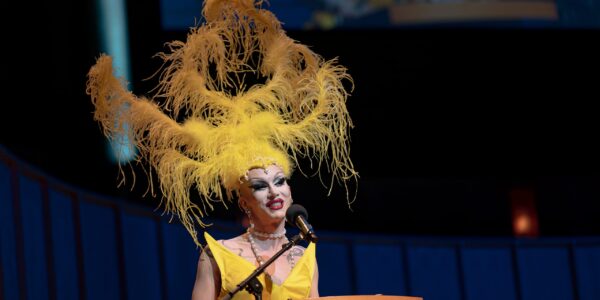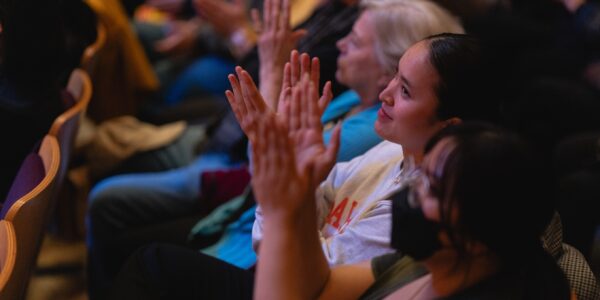Speaker Series
-
The Phil Lind Initiative 2025
What It Means to Be “American” -
The Phil Lind Initiative 2024
Pop Politics: Pop Culture and Political Life in the United States -
The Phil Lind Initiative 2023
(Un)Civil Discourse -
The Phil Lind Initiative 2022
The Future of Media -
The Phil Lind Initiative 2021
The Anti-Democratic Turn -
The Phil Lind Initiative 2020
Thinking While Black -
The Phil Lind Initiative 2019
America and the Climate Crisis -
The Phil Lind Initiative 2018
The Unravelling of the Liberal Order -
The Phil Lind Initiative 2017
The Trump Impact: Change, Challenges, Responses -
The Phil Lind Initiative 2016
US Election Campaign
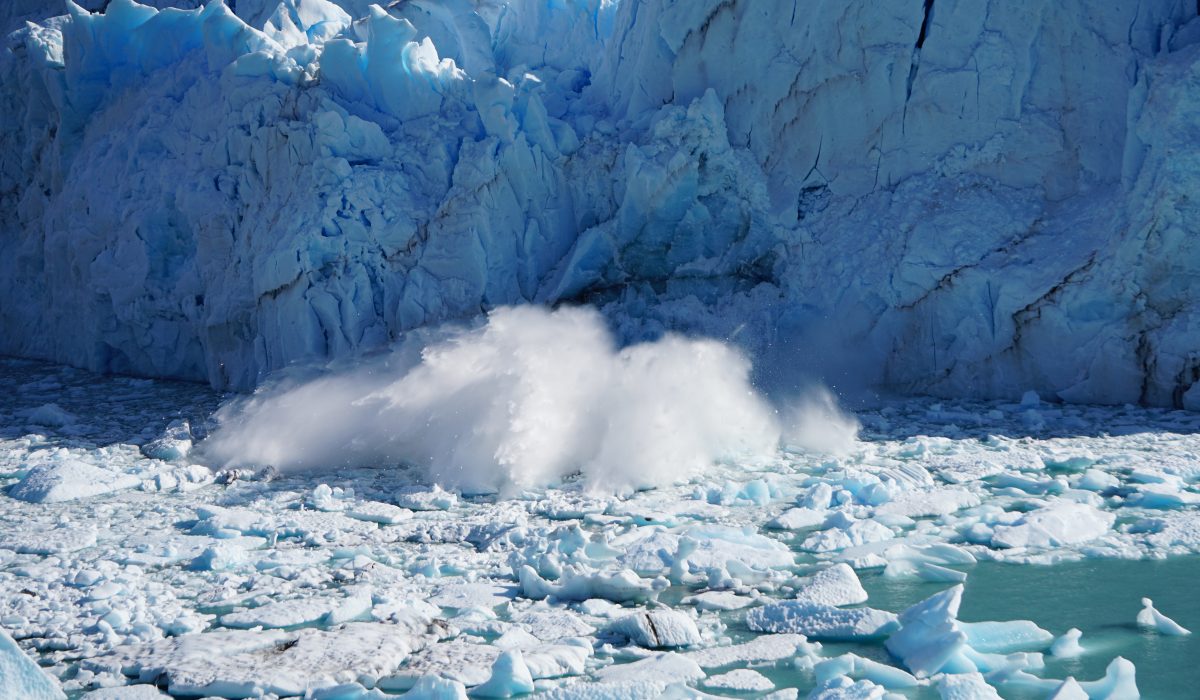
The Phil Lind Initiative 2019 | January – April, 2019
America and the Climate Crisis
The world is nearing the point-of-no-return for catastrophic and irreversible climate change. Without action, the future will be one of mass forced migration, famine, and economic costs in the trillions of dollars. Many of these effects will be felt within the United States, and yet no other country is as deeply divided on climate change. For America, the climate crisis is as much a domestic political crisis as it is a crisis of planetary sustainability.
But voices for climate action in America remain strong and there are signs of progress. American activists and philanthropists are increasingly steering the global conservation about how to solve the crisis. Innovation in renewable energy, geoengineering, and artificial intelligence are thriving and may hold the key. American cities have stepped up to assume the mantle of leadership in reducing greenhouse gases when the federal government has failed. There are signs of both promise and peril for America’s climate future. Can the United States overcome its domestic climate crisis to become a global leader for climate action? Or are the forces of extreme partisanship, climate denialism, and dirty industry too deeply entrenched?
The Phil Lind Initiative 2019 series in Term 2 at UBC explored these questions and more, with visits from some of the foremost intellectuals on the climate crisis including Robert Bullard, Elizabeth Kolbert, John Kasich, Winona LaDuke, and Bill McKibben.
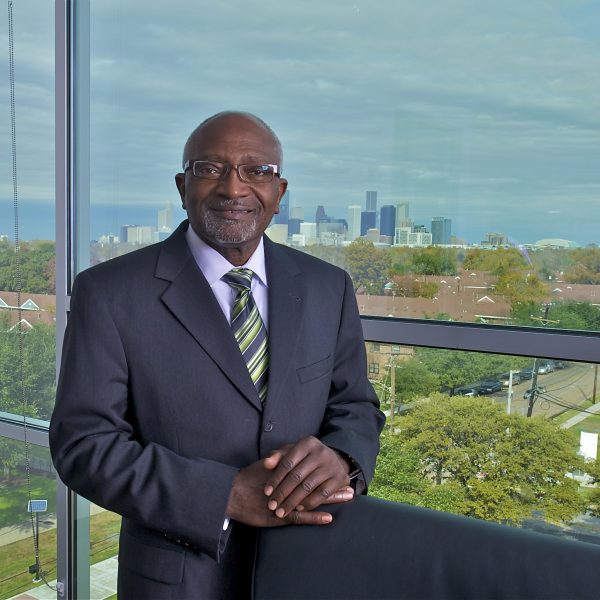
Robert D. Bullard
Renowned as the "Father of Environmental Justice"; Distinguished Professor of Urban Planning and Environmental Policy, Barbara Jordan-Mickey Leland School of Public Affairs, Texas Southern University
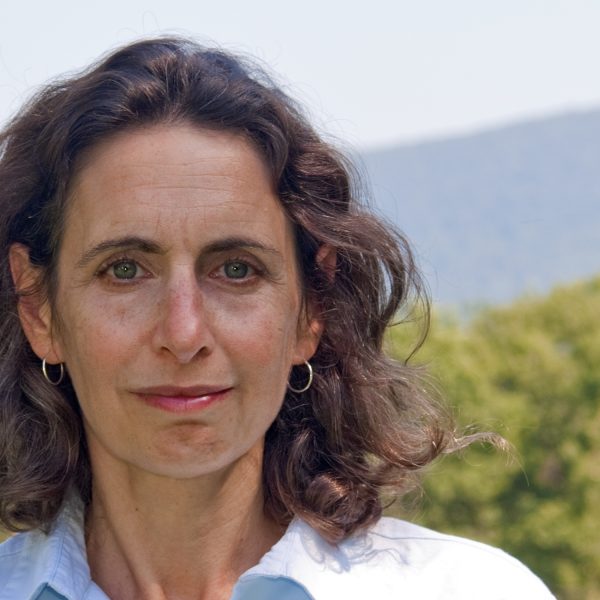
Elizabeth Kolbert
Pulitzer Prize-winning Journalist; Author of Field Notes from a Catastrophe: Man, Nature, and Climate Change
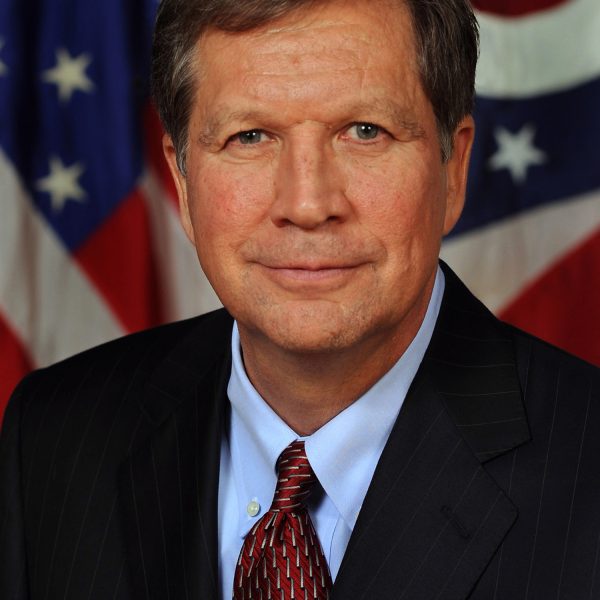
John Kasich
Two-term former Ohio Governor; a New York Times best-selling author; a Senior Political Commentator for CNN
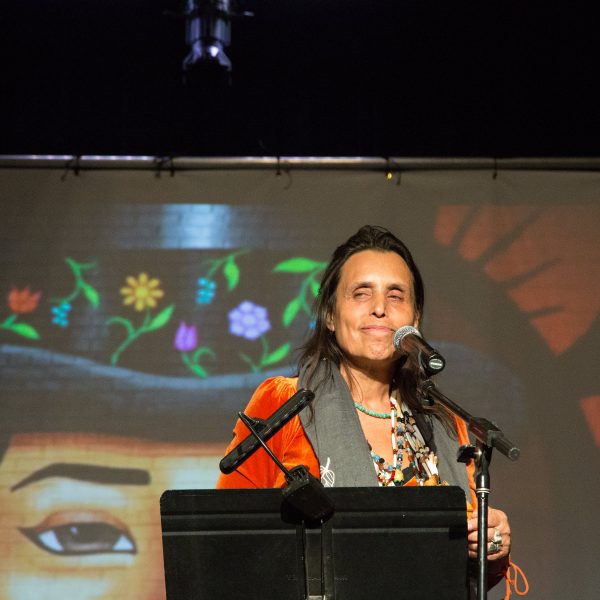
Winona LaDuke
Rural development economist and author working on issues of Indigenous Economics, Food and Energy Policy
#LIND19 Events
The Phil Lind Initiative Presents:
Robert Bullard
January 15th, 2019
6:00 PM - 7:30 PM
Venue: Frederic Wood Theatre, UBC, 6354 Crescent Rd, Vancouver, BC V6T 1Z2. Please find a map to the theatre here.
The Phil Lind Initiative 2019 series explored the theme of “America and the Climate Crisis” in Term 2 at UBC with some of the foremost intellectuals on the climate crisis. We began the series with Robert Bullard, considered the “Father of Environmental Justice” and a Distinguished Professor of Urban Planning and Environmental Policy, Barbara Jordan-Mickey Leland School of Public Affairs, Texas Southern University.
This event was moderated by David Boyd, Associate Professor of Law, Policy, and Sustainability at the School of Public Policy and Global Affairs and the Institute for Resources, Environment, and Sustainability and currently serving as the UN Special Rapporteur on human rights and the environment.
WATCH THE MODERATED DISCUSSION
The Phil Lind Initiative Presents:
Elizabeth Kolbert
February 12th, 2019
6:00 PM - 7:30 PM
Venue: Frederic Wood Theatre, UBC, 6354 Crescent Rd, Vancouver, BC V6T 1Z2. Please find a map to the theatre here.
An Evening with Pulitzer Prize-winning Author Elizabeth Kolbert: On The Sixth Extinction
A mass extinction event 65 million years ago killed off the dinosaurs, along with three quarters of the species on earth. Today, the world is changing the world so rapidly that scientists fear another extinction event– the sixth extinction — is underway. What does this mean for people and for the millions of other species who share our planet?
The Phil Lind Initiative 2019 series explored the theme of “America and the Climate Crisis” in Term 2 at UBC with some of the foremost intellectuals on the climate crisis. Our second speaker was Elizabeth Kolbert, Pulitzer Prize-winning journalist, staff writer for The New Yorker and author of Field Notes from a Catastrophe: Man, Nature, and Climate Change, among other titles.
This event was moderated by Dawna Friesen, chief anchor and executive editor of Global National.
WATCH THE MODERATED DISCUSSION
UBC Connects & The Phil Lind Initiative Presents:
John Kasich
February 26th, 2019
6:00 PM – 7:30 PM
Venue: Chan Centre for the Performing Arts, UBC, 6265 Crescent Rd, Vancouver, BC V6T 1Z1
President Santa J. Ono presented a unique partnership between UBC Connects and the Phil Lind Initiative 2019 series featuring speaker John Kasich, two-term former Ohio Governor, CNN Senior Political Commentator, and a New York Times best-selling author.
The event was moderated by Professor Richard Johnston with UBC’s Department of Political Science. Professor Johnston is Canada Research Chair in Public Opinion, Elections, and Representation. His interest in electoral systems, party systems, and parties spans his entire career and involves close investigation of patterns in Canada and the U.S.
The Phil Lind Initiative 2019 series explored the theme of “America and the Climate Crisis” in Term 2 at UBC with some of the foremost intellectuals on the climate crisis.
Event Archive: A video and audio recording of the event will be available soon.
The Phil Lind Initiative Presents:
Winona LaDuke
March 12, 2019
6:00 PM - 7:30 PM
Venue: Chan Centre for the Performing Arts – Telus Studio, UBC, 6265 Crescent Rd, Vancouver, BC V6T 1Z1. Please find a map to the venue here.
The Phil Lind Initiative 2019 series explored the theme of “America and the Climate Crisis” in Term 2 at UBC with some of the foremost intellectuals on the climate crisis. We continued the series with Winona LaDuke, a rural development economist, Executive Director of Honor the Earth, and author working on issues of Indigenous Economics, Food and Energy Policy.
This event was moderated by Duncan McCue, Adjunct Professor, UBC Graduate School of Journalism.
WATCH THE FULL KEYNOTE AND MODERATED DISCUSSION
The Phil Lind Initiative Presents:
Bill McKibben
April 2, 2019
6:00 PM - 7:30 PM
Venue: Chan Centre for the Performing Arts – Telus Studio, UBC, 6265 Crescent Rd, Vancouver, BC V6T 1Z1. Please find a map to the venue here.
The Phil Lind Initiative 2019 series explored the theme of “America and the Climate Crisis” in Term 2 at UBC with some of the foremost intellectuals on the climate crisis. We continued the series with Bill McKibben, noted environmental activist and author of the first book about global warming—1989’s The End of Nature.
This event was moderated by Elizabeth May, environmentalist, writer, lawyer, leader of the Green Party of Canada and Member of Parliament for Saanich-Gulf Islands.

